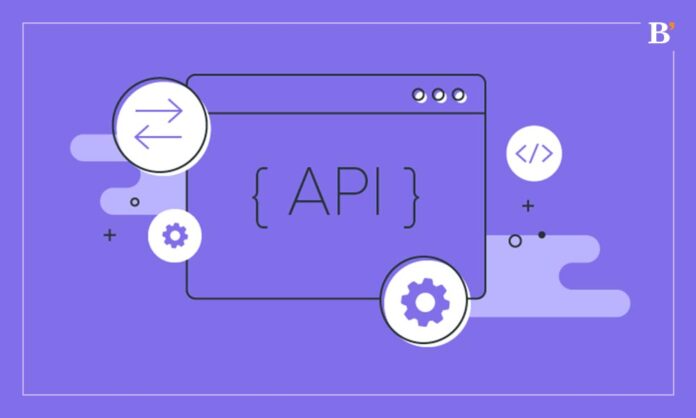Key Highlights
- APIs can save time and resources by allowing developers to access data and functionality from other applications without having to write their own code.
- The right API solution for your project will depend on your specific needs, such as the type of data you need to access, the format of the data, the security of the API, and the cost of the API.
Application Programming Interfaces (APIs) are becoming highly popular as a way to connect different software applications and systems. An API acts as an intermediary, enabling seamless communication between different software applications. It allows developers to access data and functionality from other applications without having to write their own code. This can save time and resources, and it can also make it easier to integrate different applications.
When developing a project that needs integrating with external services or software, choosing the right API solution is paramount to its success. To make an informed decision, consider the following factors:
1. Define Your Project’s Objectives
Begin by defining the objectives of your project and the functionalities you require from an API. Understanding your project’s needs will help you narrow down the options and find the most suitable API solution.
2. Research API Providers
Conduct thorough research on various API providers in the market. Look for reputable companies with a track record of providing reliable and secure API solutions. Check customer reviews and testimonials to gauge their level of satisfaction with the service.
3. Check API Documentation
Well-documented APIs offer clear instructions and guidelines on their functionality and usage. Evaluate the comprehensiveness and clarity of the API documentation to ensure ease of integration and troubleshooting.
4. Compatibility and Integration
Ensure that the API solution you choose is compatible with your existing software and can seamlessly integrate with your project. A smooth integration process reduces development time and costs.
5. Security and Reliability
Security is of utmost importance when selecting an API solution. Look for providers that offer robust security measures, such as encryption and authentication protocols, to safeguard your data and user information.
6. Scalability
As your project grows, so will the demand on your API. Choose an API solution that can scale with your project’s needs and handle increased traffic without compromising performance.
7. Support and Documentation
Reliable customer support is vital when dealing with API integration issues or technical challenges. Ensure that the API provider offers responsive support and detailed documentation to assist you during the integration process.
8. Cost and Pricing Structure
Consider the cost of the API solution and how it aligns with your project’s budget. Evaluate the pricing structure and any additional fees to make an informed financial decision.
9. Trial Period
Opt for API providers that offer a trial period or a free tier plan. This allows you to test the API solution’s functionality and performance before committing to a long-term agreement.
10. Community and Updates
An active developer community indicates ongoing support and regular updates. Joining a community allows you to collaborate with other developers and stay informed about API enhancements.
By carefully evaluating these factors, you can confidently select the right API solution for your project, ensuring seamless integration and optimal performance. Remember, choosing the right API is a crucial step towards achieving your project’s objectives and delivering an exceptional user experience.
FAQs
- Why is choosing the right API solution important for my project?
The right API solution ensures seamless communication between different software applications, leading to the success of your project.
- How do I start selecting an API solution for my project?
Begin by defining your project’s objectives and the functionalities you need from an API.
- What security features should I look for in an API solution?
Look for providers offering robust security measures like encryption and authentication protocols to protect your data.




